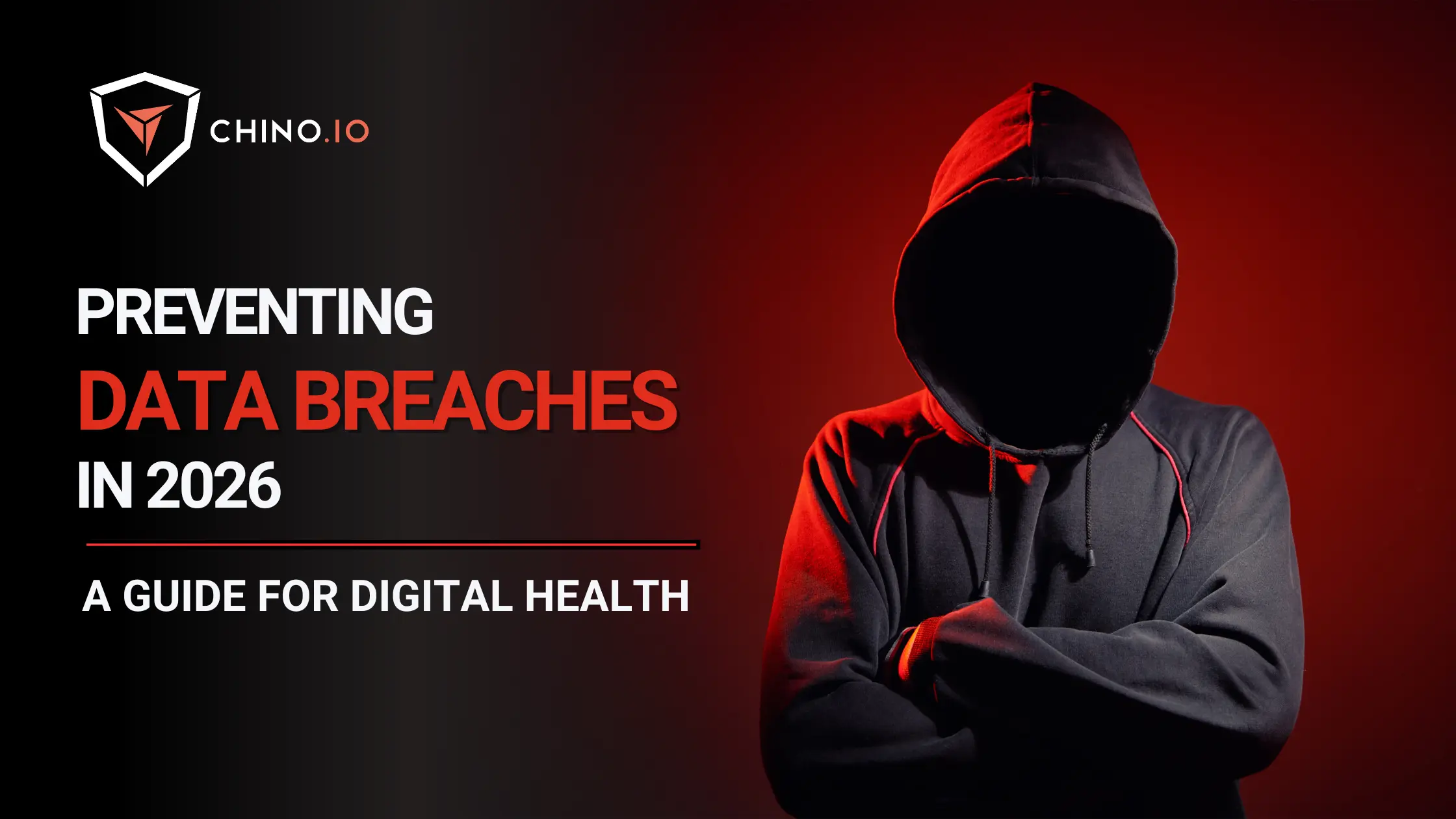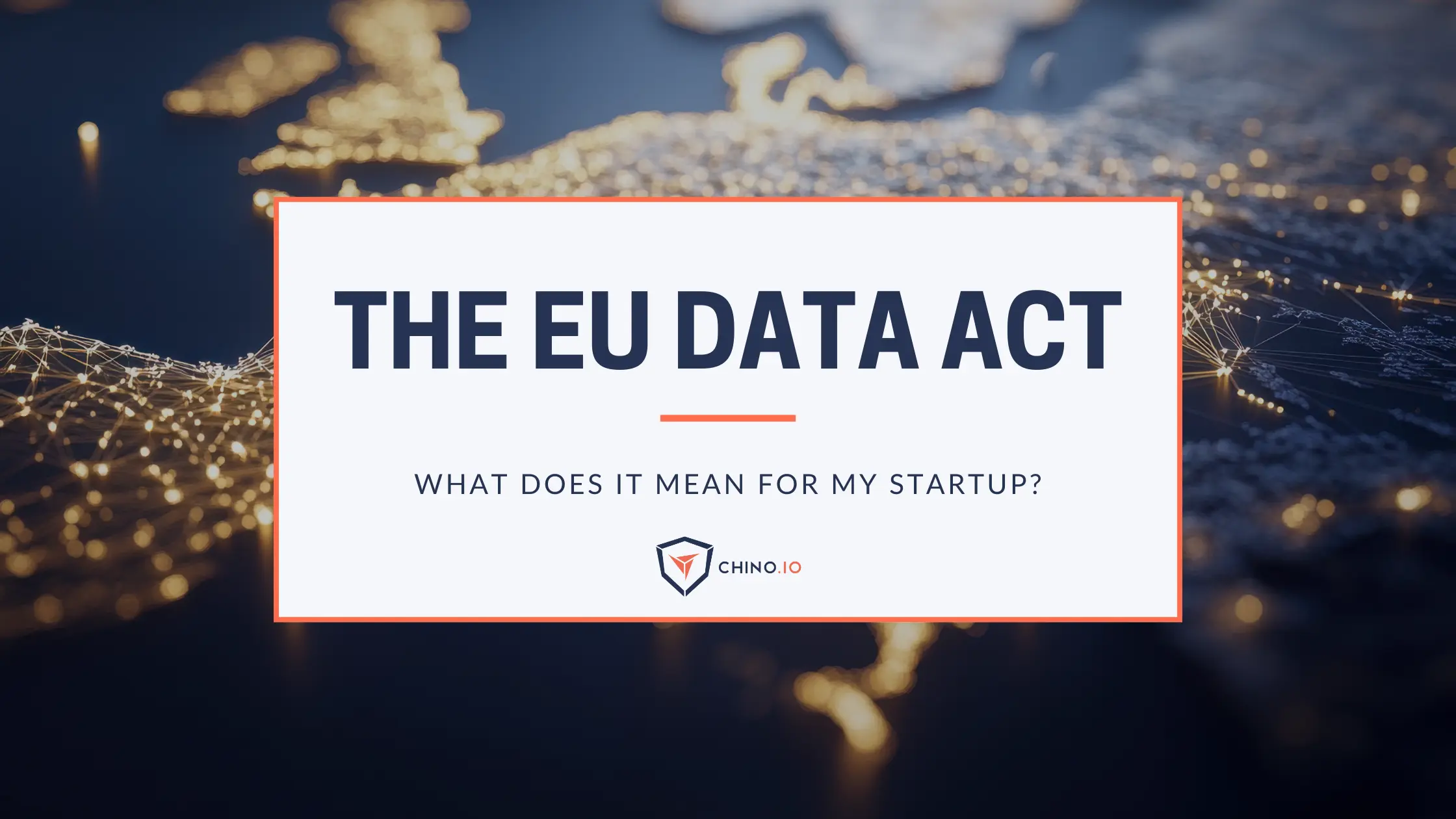Many digital startups breathe a sigh of relief once they tick the GDPR compliance box. You've done the paperwork, written the policies, and trained your team. So if a breach happens, you're covered—right? Well… not exactly.
Compliance is not immunity
Being compliant is a solid foundation, but it doesn’t protect you from the fallout of a data breach. It might help you reduce or even avoid fines, but it doesn’t eliminate the potential damage.
Let’s explore what GDPR compliance really means when things go wrong—and how to make sure your business stays resilient.
1. GDPR compliance helps—but it’s not a magic shield
It’s easy to assume that once you’ve met GDPR requirements, you’ve done your part. That’s only partially true.
Compliance is about prevention.
It means you’ve taken steps to minimise risk—like performing DPIAs, updating privacy notices, and setting up internal processes.
But if a serious breach occurs, regulators won’t just shrug and say “Well, at least you tried”.
‼You may still face:
- Investigations by your national data protection authority (like the ICO in the UK or CNIL in France)
- Potential fines, particularly if the breach involved sensitive data or large volumes of data
- Legal claims from affected partners or customers
In other words, compliance is your seatbelt or airbag—it helps protect you, but it can’t prevent a crash.. It helps, but it won’t stop the crash.
2. The aftermath of a breach can hurt your business reputation
Data protection isn't just about regulators. It’s also about the trust your clients place in you.
If your business handles health data, behavioural data, or financial information, that trust is critical. A data breach could mean:
- Losing a major B2B partner
- Failing to procure an important deal
- Getting negative media attention
Even if you followed the rules, your brand could take a hit. Especially if:
- You didn’t notify people fast enough
- You weren't transparent about what happened
- You didn’t appear to take the incident seriously
So yes, you need to comply with GDPR. But you also need a response strategy ready to go.
3. What companies should do before a breach happens
There are a few simple things you can put in place before something goes wrong. Think of it as your “incident insurance”.
🧭 Appoint a DPO (Data Protection Officer) or external advisor.
Make sure someone experienced is available when needed. This could be an internal role or an external service like Chino.io.
📜 Create an incident response plan.
Outline what happens if data is lost, stolen or leaked. Who acts? Who communicates? How fast?
🗂️ Keep your documentation updated.
Data maps, RoPAs, DPIAs—these should be current. You’ll need them if the regulator knocks.
Train your team.
Mistakes happen. But your staff should know what to do if they suspect a breach: no finger pointing or blame shifting.
What matters right now is that the clock is ticking and time is running out.
🔐 Encrypt sensitive data.
If stolen data is encrypted and unreadable, your legal risk drops significantly. If you can prove it, and you are certain of this, you can avoid reporting (but that’s almost impossible in 72 hours).
It could even mean you don’t have to report it at all (e.g. you’d need to prove that the keys weren’t also stolen)
4. What to do after a breach: speed and transparency matter
If a breach does happen, the worst thing you can do is freeze.
The GDPR gives you 72 hours to notify your data protection authority once you become aware of a breach. That’s not much time, especially over a weekend or holiday period, which is often when hackers strike.
Here’s what to focus on:
🧠 Stay calm, follow the plan.
Use your response plan. Don’t improvise. Don’t delay.
👨💼 Contact your DPO
As soon as you suspect there’s (maybe) a breach, it’s worth notifying your Data Protection Officer right away.
📩 Notify the local data protection authority.
Even if you don’t have all the facts yet, let them know what happened, what you’re doing, and what risks are involved.
In case of non-EU companies, you have to choose a Data Protection Authority when appointing a DPO.
📢 Communicate clearly.
Tell affected people what happened, how they’re impacted, and what you’re doing about it. Avoid technical jargon - be clear and direct. Blog post on this coming soon!
🧹 Fix the hole.
Close the vulnerability that caused the breach. Document the steps taken to prevent recurrence.
🗃️ Keep records.
Even if you don’t need to report the breach (e.g., if the risk to individuals is very low), log everything. It shows accountability - and also applies to “near misses” and “never events”
These steps won’t just reduce the impact of the breach—they show regulators and clients that you’re a responsible, trustworthy operator.
5. Certification ≠ Immunity: What GDPR Certification Really Means
Many early-stage startups ask us this: “If we’re GDPR certified, are we protected if something goes wrong?”
Certification is great. It shows you’ve done your homework and built a compliant framework. In the event of a breach, it can reduce (or sometimes eliminate) penalties. But it’s not a get out of jail free card.
1. Certification doesn’t stop investigations: Even if you’re certified, regulators will investigate a breach. They’ll want to know how the breach happened, how quickly you responded and whether you followed your own procedures.
Certification proves you had a system in place. But you still have to demonstrate that you applied it properly.
2. Fines and lawsuits are still on the table: Being certified doesn’t mean you're off the hook. If the breach involved poor risk assessments, weak security, or policy violations, you can still be fined. Plus, affected individuals may seek compensation. GDPR certification shows good intent—but not perfection.
3. Your business relationships may still suffer: Regulators aren’t the only concern. If your client data is involved, they might:
- Be forced to report the breach themselves
- Face their own regulatory penalties
- Hold you responsible for the fallout
A big breach can damage your reputation, slow down sales, and make future deals harder to close.
6. GDPR compliance is a mindset, not a milestone
Too often, companies treat GDPR like a one-time project. Tick the boxes, update the policy, done. But the truth is, data protection is ongoing. Tech evolves. Risks change. Staff come and go.
Instead of thinking ”I’m compliant, so what do I need to do to stay compliant?”
That mindset helps you:
- Spot new risks early
- Avoid costly mistakes
- Build trust with regulators and partners
- React fast when things go wrong
It’s also what the GDPR expects. The principle of accountability means you’re responsible for proving that your practices are appropriate at any given time.
Need help figuring it out? We’re here to help!
Chino.io is the one-stop shop for solving all privacy and security compliance aspects.
As a partner of our clients, we combine regulatory and technical expertise with a modular IT platform that allows digital applications to eliminate compliance risks and save costs and time.
Chino.io makes compliant-by-design innovation happen faster, combining legal know-how and data security technology for innovators.
To learn more, book a call with our experts.
Streamline Your Compliance With Chino.io Today
Discover our
Templates
Read our Latest Industry Insights
Discover insights from our expert writers.

.webp)



